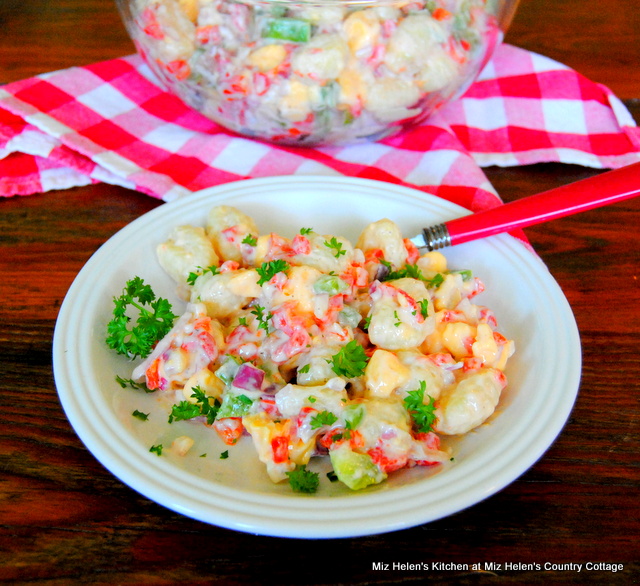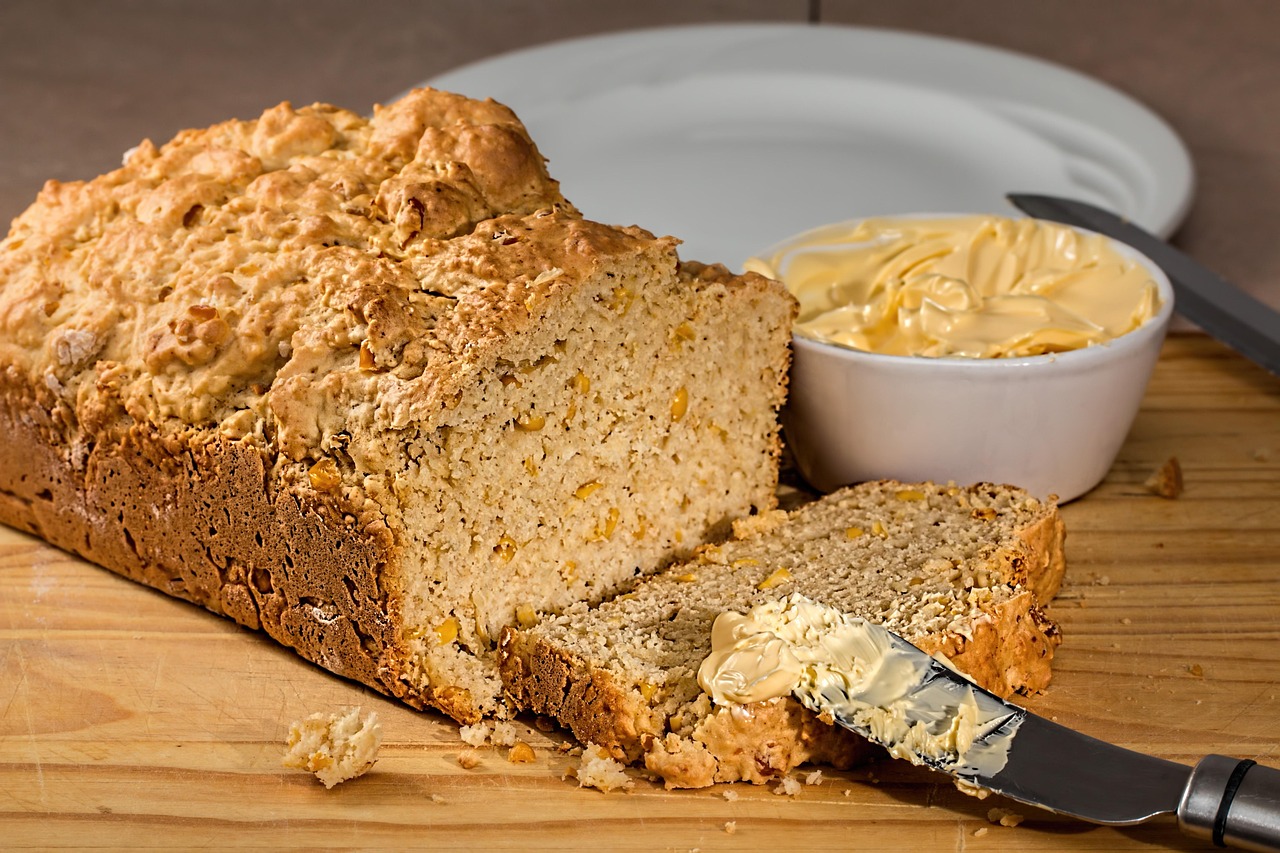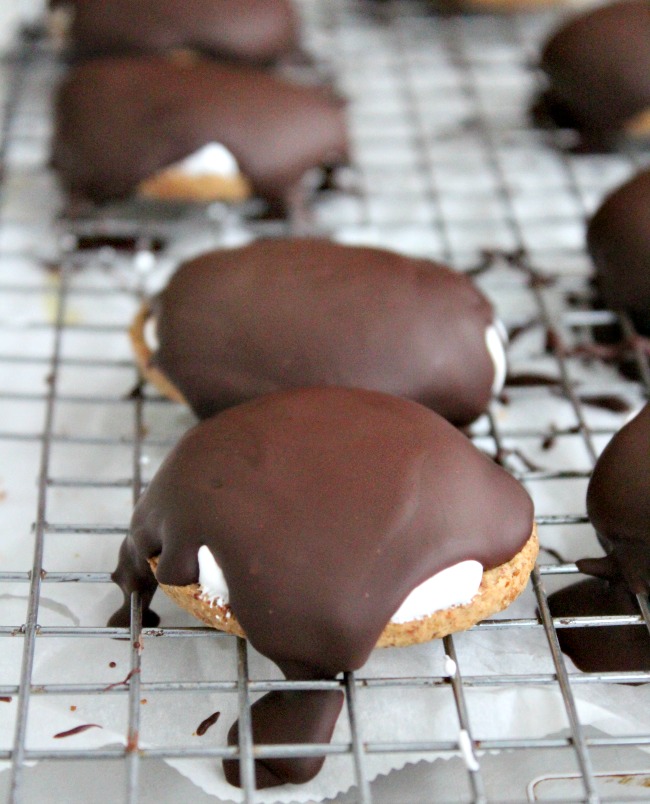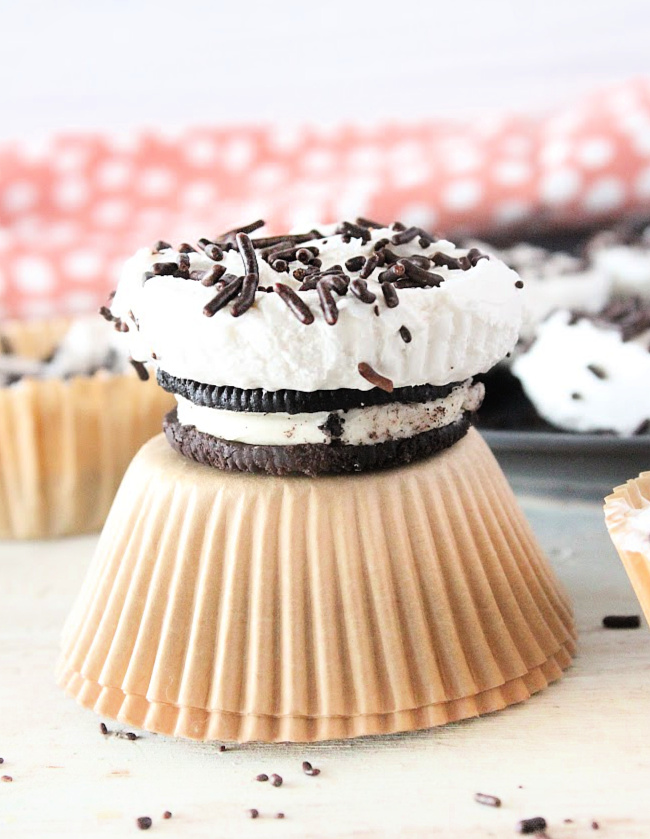11 Mistakes That Make Mashed Potatoes Gummy (And How To Fix Them)
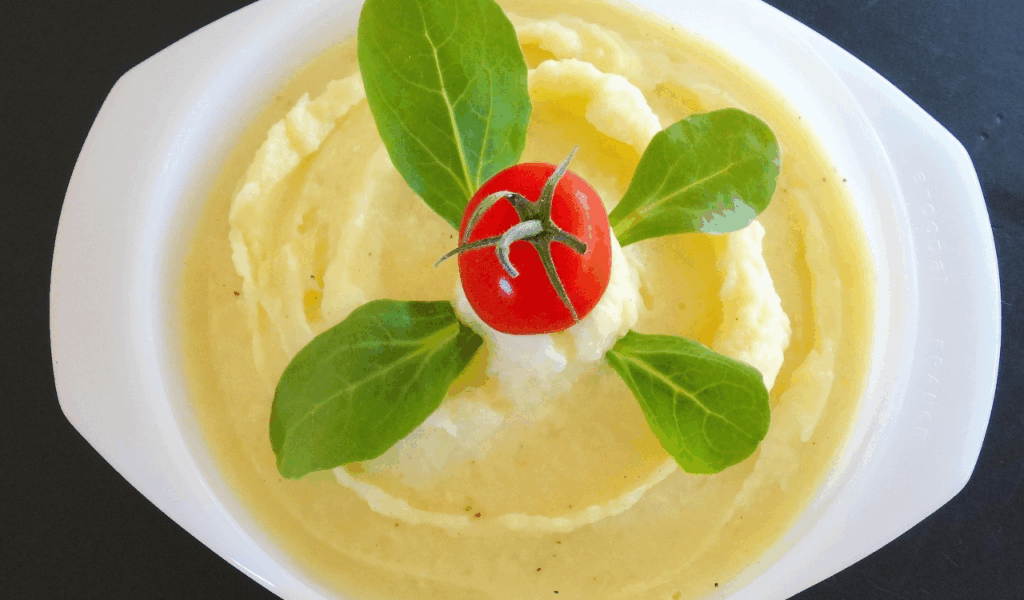
Not sticky or gluey, mashed potatoes should be fluffy, creamy, and smooth. But a lot of people who cook at home say their mashed potatoes get gummy instead of tasty. Knowing what not to do can preserve your side dish, whether you’re making it for a holiday meal or a nice evening dinner. Here are 11 frequent mistakes people make while making mashed potatoes that make them sticky, along with tips on how to avoid or cure them.
1. Using The Wrong Type Of Potato
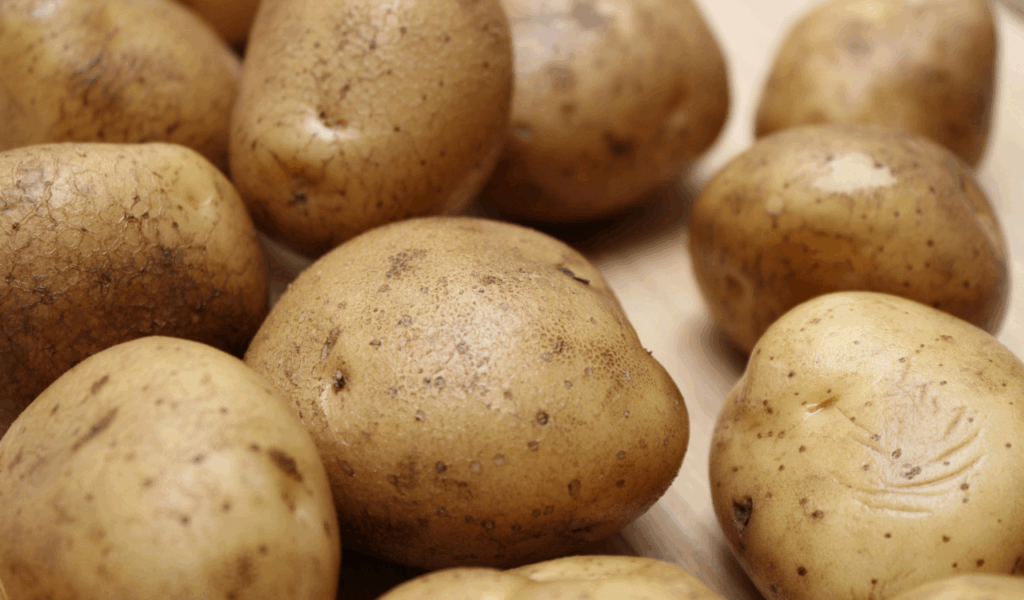
When you mash waxy potatoes, like red or young potatoes, they tend to get sticky because they have less starch and more moisture. Choose starchy potatoes like Russets or Yukon Golds for light and fluffy results. These break down more quickly when cooked and soak up butter and milk better, which gives them that characteristic mashed texture. To keep your mash smooth instead of gluey, stick with high-starch kinds.
2. Overcooking The Potatoes
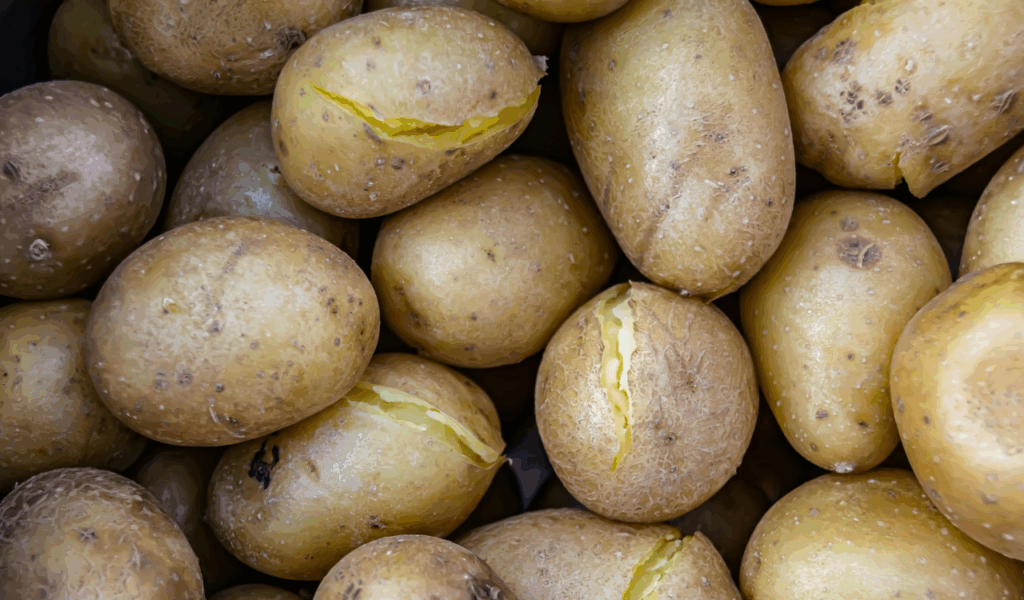
When you boil potatoes for too long, they soak up too much water, which makes them heavy and wet. When you mash this extra moisture, it lets out too much starch, which makes the mixture sticky. To avoid this, cook the potatoes until they are just soft enough to penetrate with a fork, but not so soft that they break apart. Keep an eye on your pot, and start testing it after 10 to 15 minutes, depending on how big the chunks are.
3. Undercooking The Potatoes
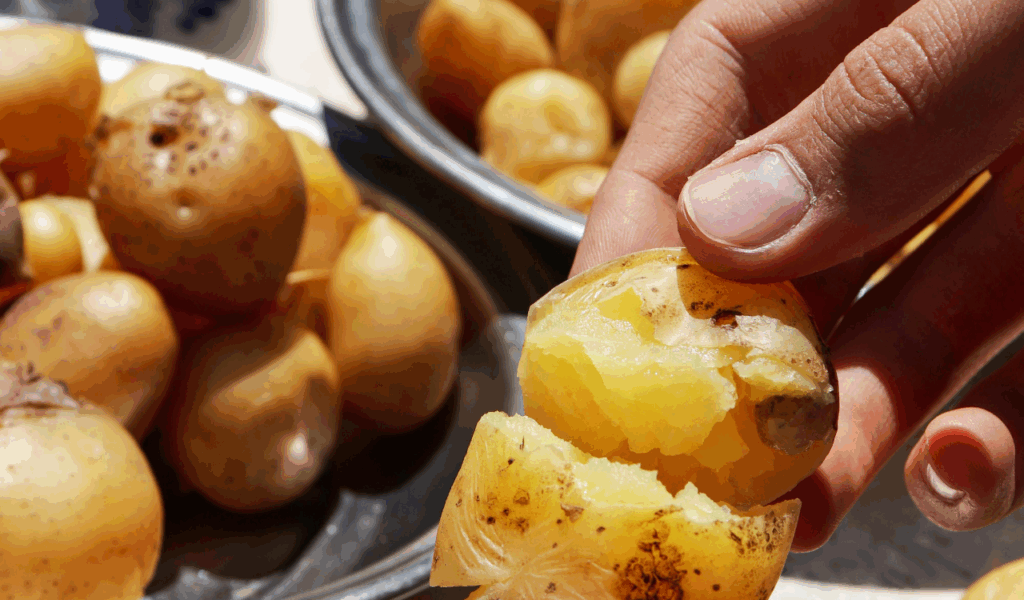
Overcooking makes potatoes too wet, and undercooking makes them stiff and unevenly mashed. This generally means that you have to mash them more, which activates the starch and makes them sticky. Make sure all the pieces are soft before you drain them. Use a fork or skewer to poke around in a few pieces. If any of them are still hard, let them sit in the water for a few more minutes.
4. Mashing While Potatoes Are Cold
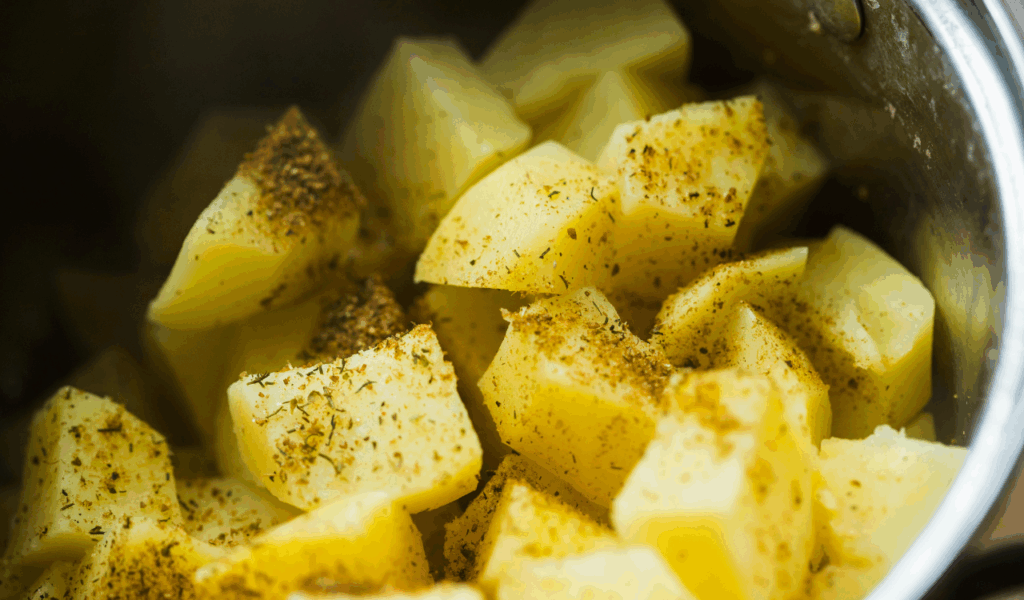
When you mash cold potatoes, they are lumpy and need more force to break them down, which releases extra starch. To avoid this, mash your potatoes when they are still hot and soft. If they have cooled down, lightly reheat them before mashing. When potatoes are warm, they break apart more easily. This makes it easier to have a smoother consistency without any gumminess.
5. Using A Blender Or Food Processor
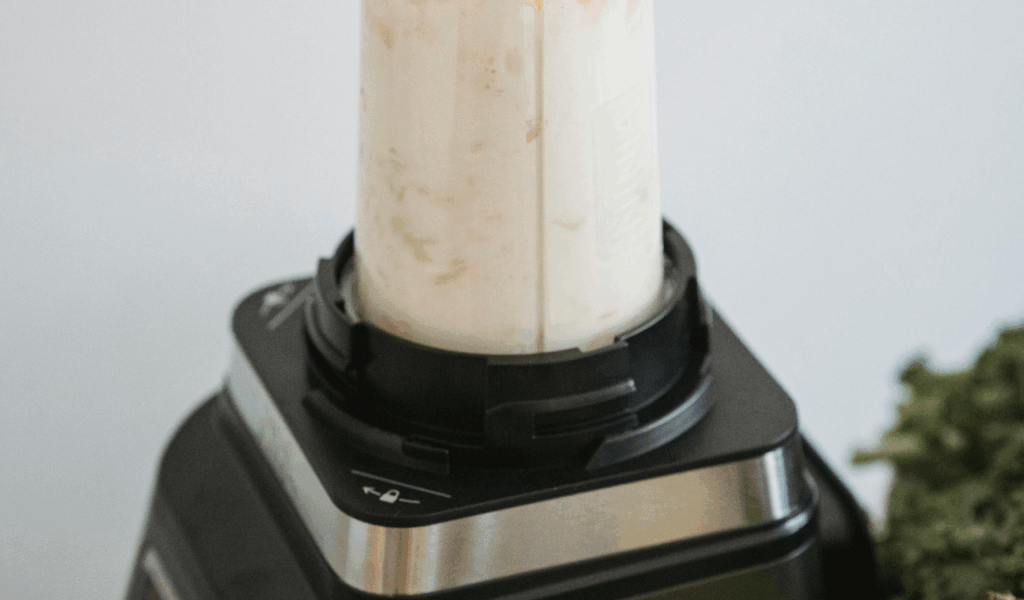
High-speed machines put too much stress on the potatoes, breaking apart their starch cells. This makes your fluffy mash into a paste that is sticky and like glue. Use manual instruments like a food grinder, potato masher, or ricer all the time. These break up the potatoes without making them too mushy. A ricer is the best tool for making ultra-smooth mash because it retains the texture velvety without releasing too much starch.
6. Skipping The Drain Step Properly
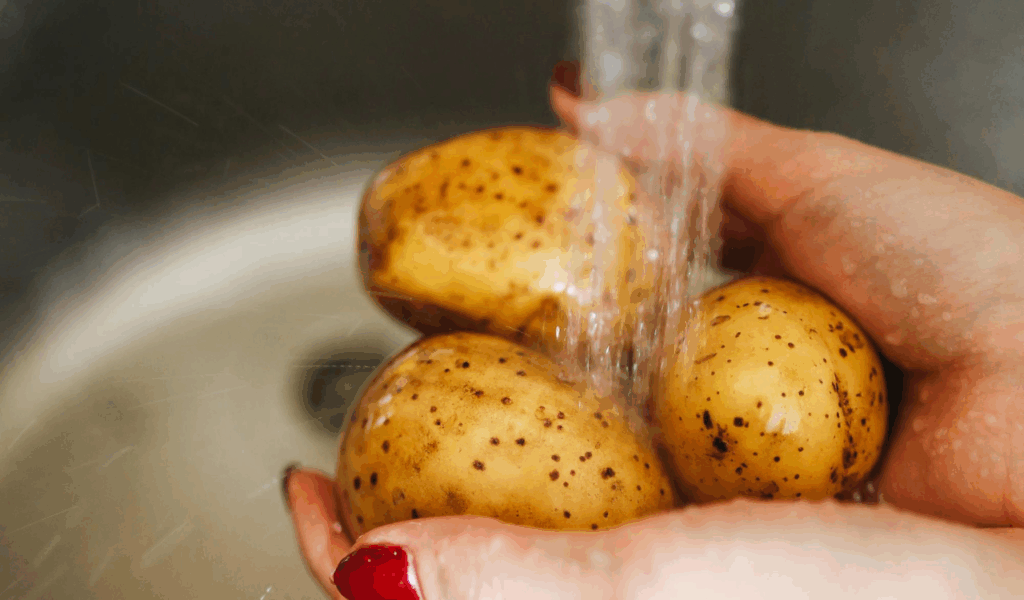
If you cut potatoes into big pieces and drain them quickly, they may still have water within. After boiling, always drain the potatoes well and put them back in the hot pot for a minute or two on low heat. This gets rid of extra moisture and eliminates sogginess. Potatoes that are drier let the butter and cream soak in better, so your mash stays creamy instead of gummy.
7. Adding Cold Butter Or Milk
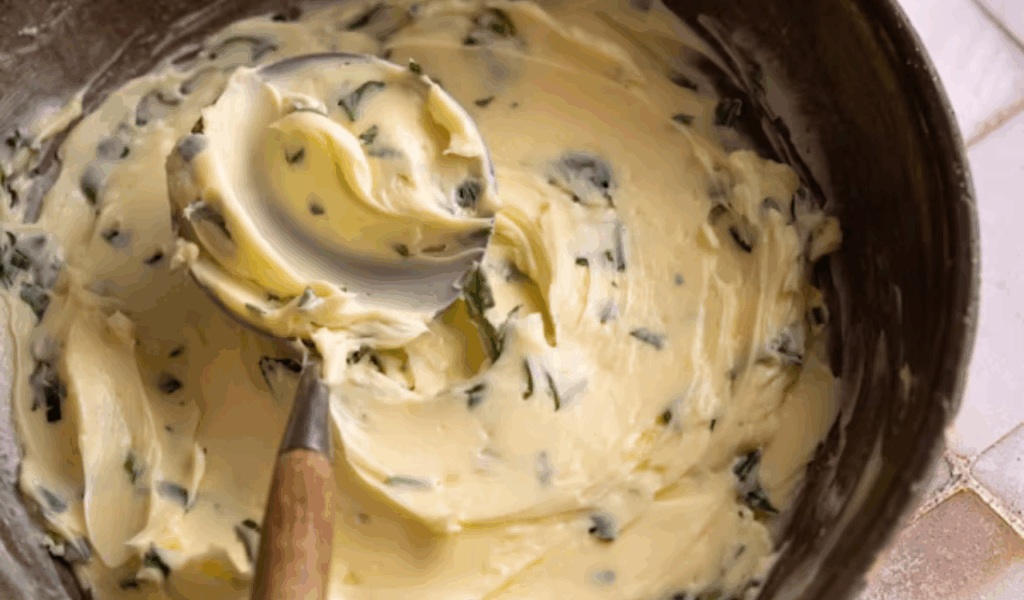
When you pour cold butter or milk into boiling potatoes, they cool down right away, which makes them hard to blend and makes you work too hard to mash them. To make sure the ingredients mix well and evenly, warm the dairy first. This step also helps keep the creamy texture and stops extra starch from coming out, which can make the mash sticky.
8. Overmixing The Potatoes
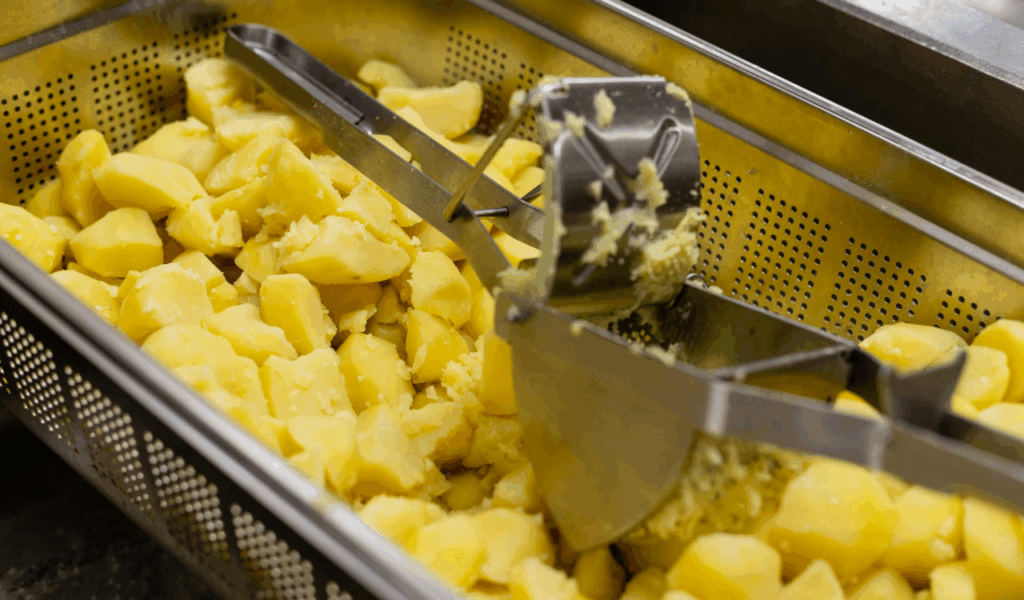
If you mix the potatoes too much, they can still get sticky, even if you use the appropriate instruments. Stop mashing when they are smooth and creamy. Every time you stir it, more starch is released, which makes the texture tighter. Mix just enough to get rid of lumps and mix the items together. Don’t give in to the impulse to keep going—perfect mashed potatoes are all about timing and self-control.
9. Not Seasoning The Water
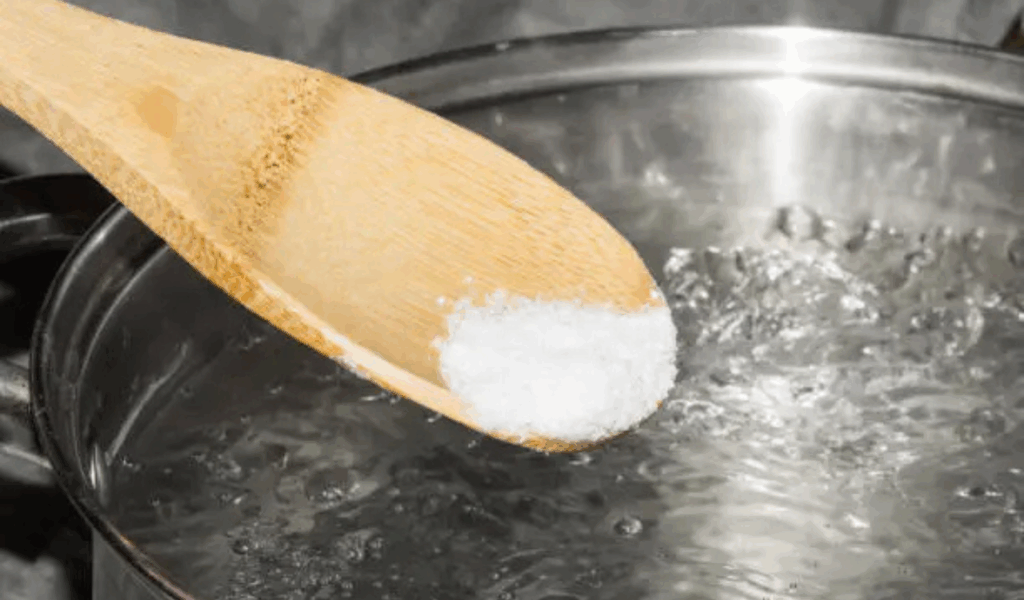
It is very important to salt the water before boiling it. If you forget, you’ll have to add additional salt later, which will require more stirring and release more starch. Adding spices to the water flavors the potatoes from the inside out, which makes them taste better without having to mix them too much. When boiling, always add a lot of salt, just like you would to pasta water.
10. Using Too Much Liquid
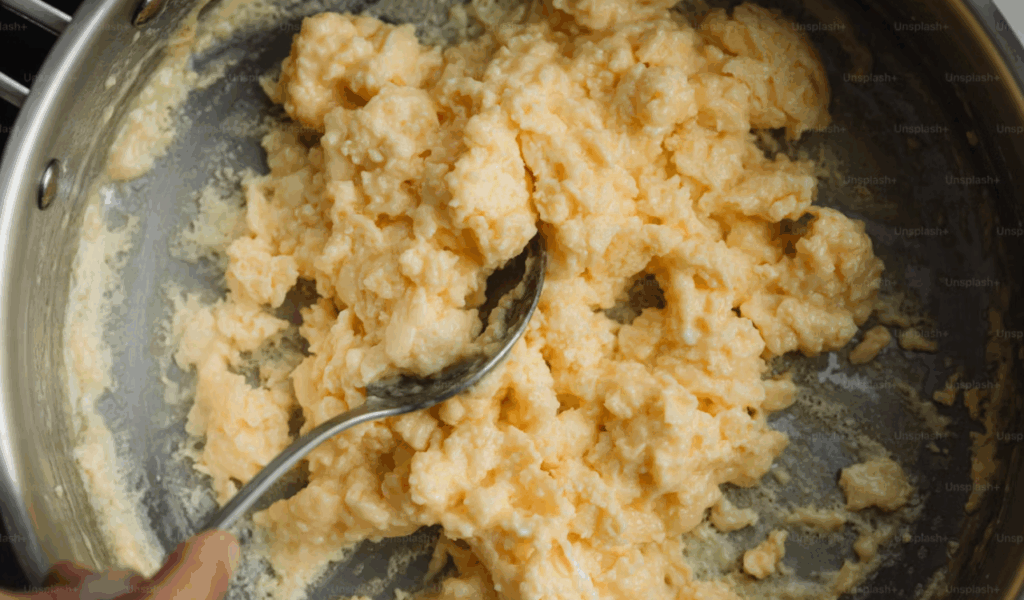
Adding too much butter, milk, or cream may look fancy, but it makes the potatoes soupy and too much of it. This makes the texture sticky, even when mixed too much. Add liquids a bit at a time to begin. Before adding additional, let the potatoes soak up everything that is already there. You can always add, but you can’t take away.
11. Letting Them Sit Too Long
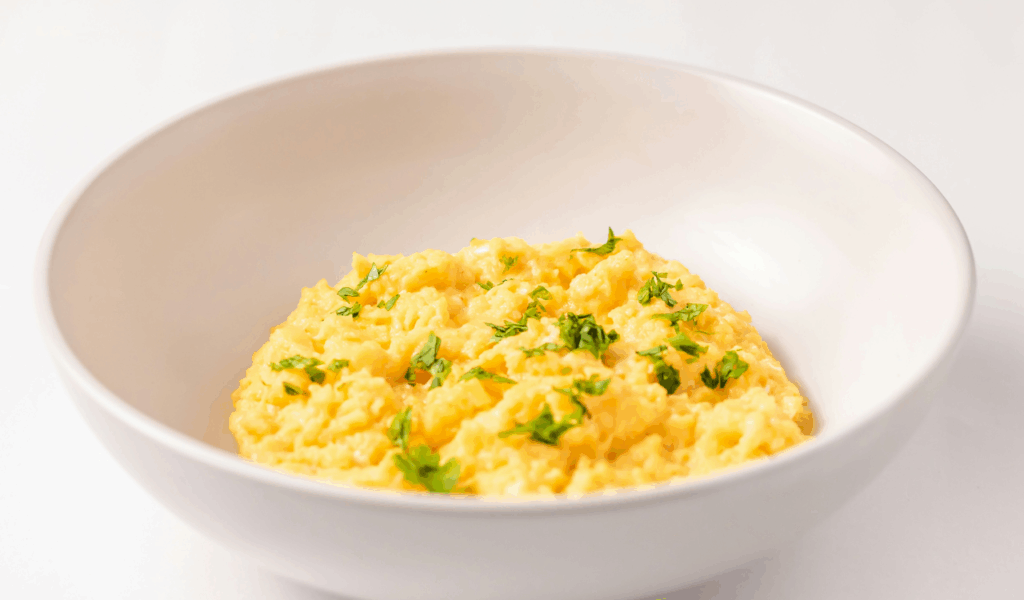
When you mash potatoes, they don’t keep their texture well over time. If you let them sit out in the open, they will dry out. If you heat them up too much, they will mix too much. If you have to make them ahead of time, you can keep them warm by putting them in a slow cooker on low or by putting a bowl over simmering water (like a double boiler). Before serving, stir lightly to keep their creamy texture. Don’t blend them too much.
